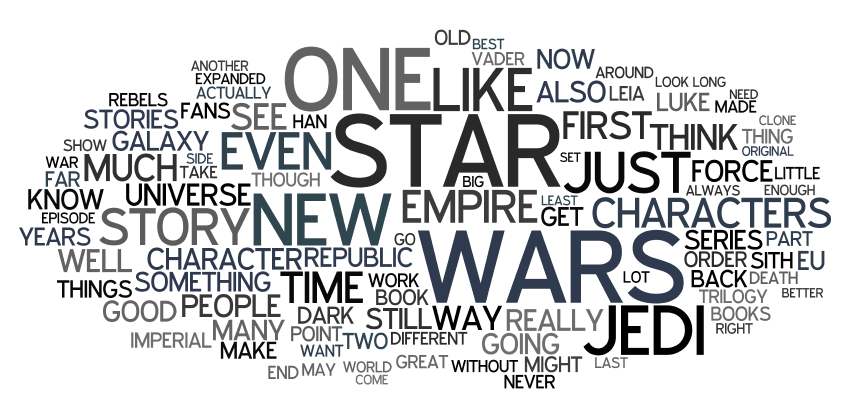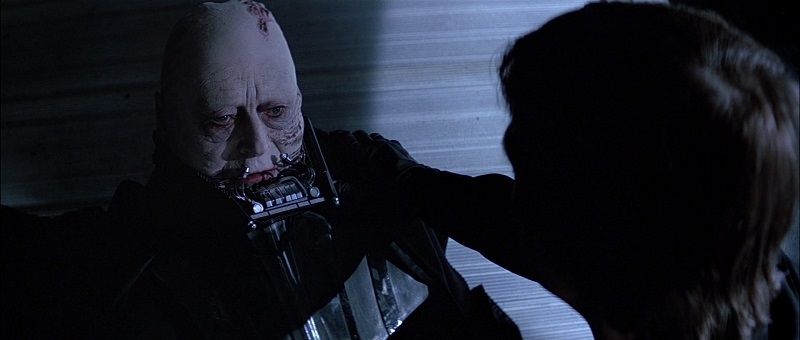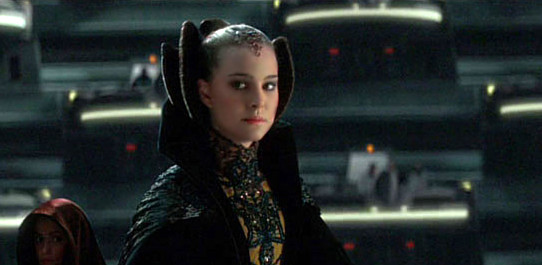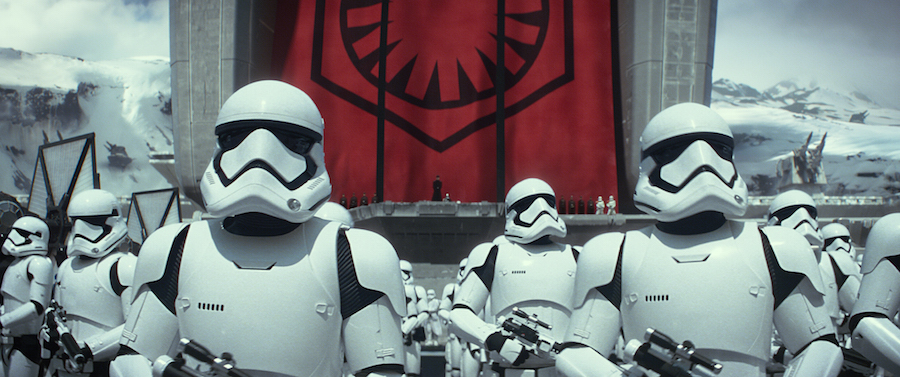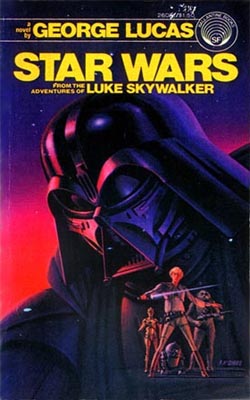 Mike: Sometimes you can know something without really being conscious of it—and often you can be very much aware of something without fully grasping its implications. One such fact occurred to me recently: getting a new Star Wars film every year means that there is every reason to believe that we will also be getting one film novelization every year. In perpetuity.
Mike: Sometimes you can know something without really being conscious of it—and often you can be very much aware of something without fully grasping its implications. One such fact occurred to me recently: getting a new Star Wars film every year means that there is every reason to believe that we will also be getting one film novelization every year. In perpetuity.
Going off of Del Rey’s recent publishing schedule (though Disney-Lucasfilm Press adds an interesting new dimension to this), that amounts to roughly one in five “adult novels” from now on. When the prequels were coming out, there were around seven adult novels per year instead of five, and of course only one movie every three years—meaning roughly five percent of Del Rey’s output at the time was novelizations, versus twenty percent now. That’s a huge shift.
Now, I’m not here to say I want to return to seven original Star Wars novels every year. Even with the excitement of the new canon, what we’ve gotten over the last couple years has been more than enough new material to sustain my interest as a reader, while leaving enough energy for me to check off an old Legends book once in a while. My interest is strong, but my time and energy have waned as I’ve gotten older—so while I’m actually grateful that the publishing has slowed down a bit, I’m also more choosy about what I really do want to read.
And I don’t know that I want to read a new novelization every year. While most people will agree that at least one, Revenge of the Sith, was able to break out of the box of, let’s say unremarkableness, that firmly contains most novelizations, that’s only one out of seven—and The Force Awakens seemed to confirm that RotS was the exception to the rule rather than a new priority. I don’t think it was bad, it was just…unremarkable. The fact is, the basic mission statement of a novelization doesn’t demand a whole lot of an author, and plenty of good ones have failed to break out of that box, or even, seemingly, to try. I get why they exist, I don’t really expect Del Rey to stop doing them anytime soon, but—I’m seriously wondering if they’ll soon stop being worth my time. Read More
